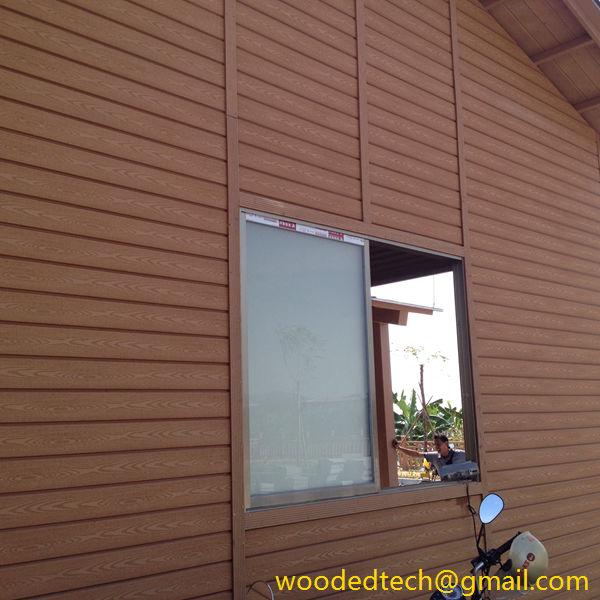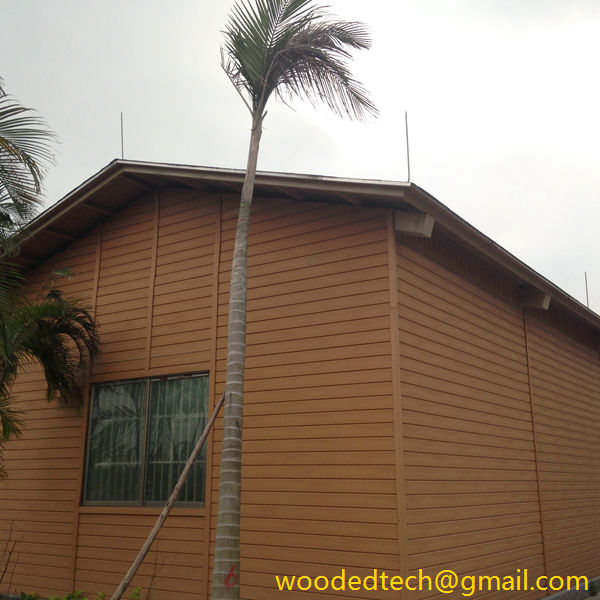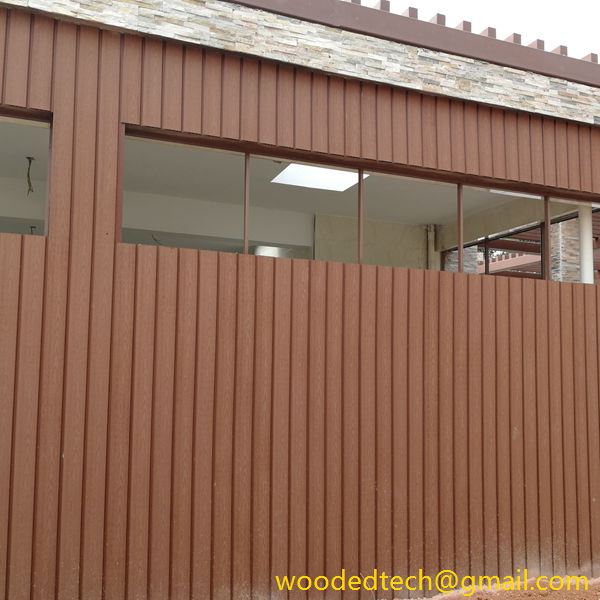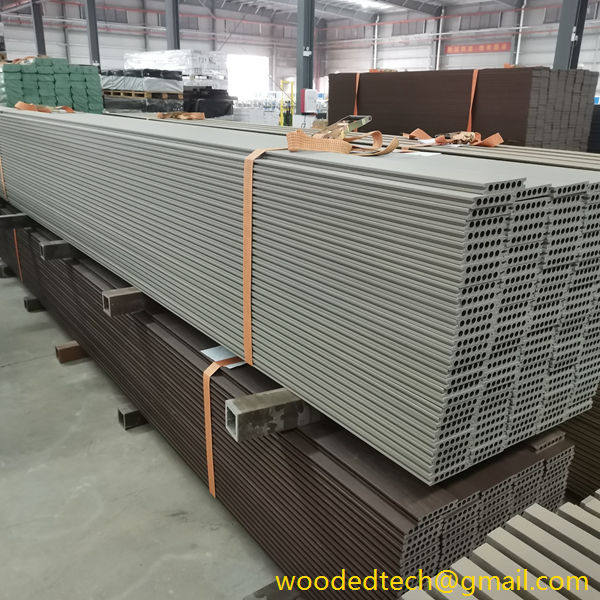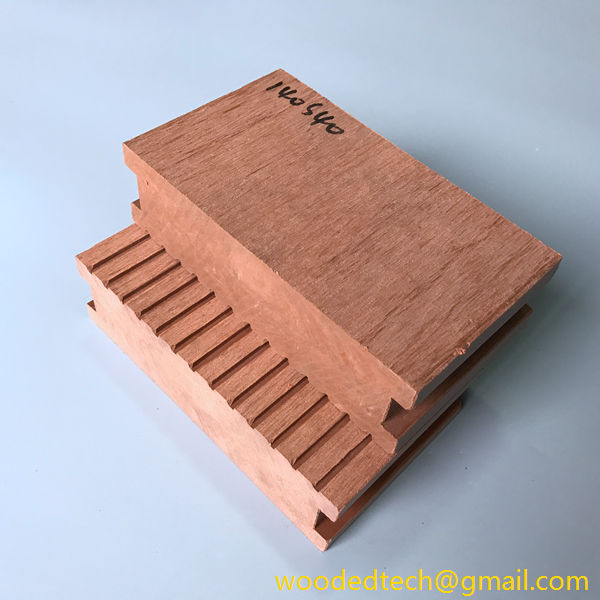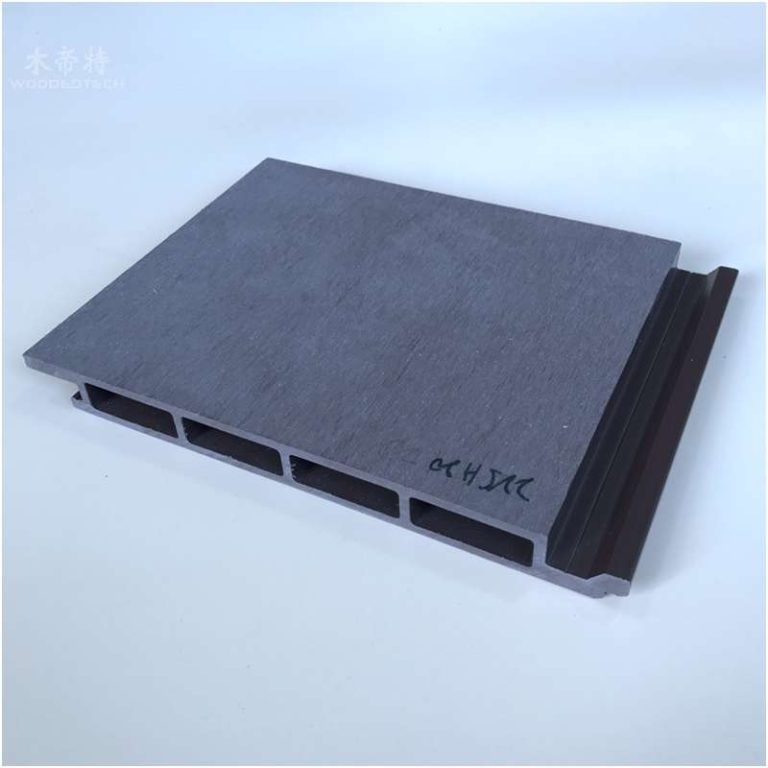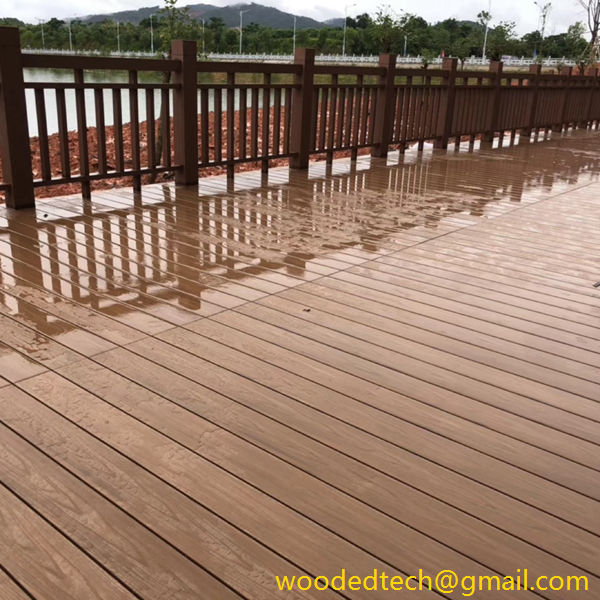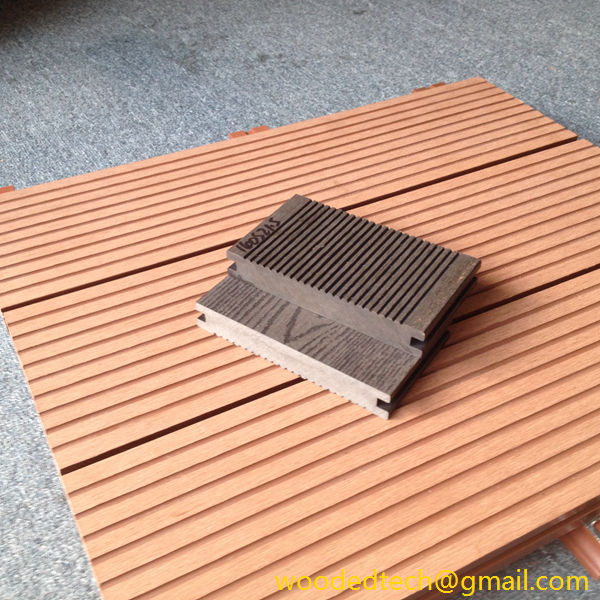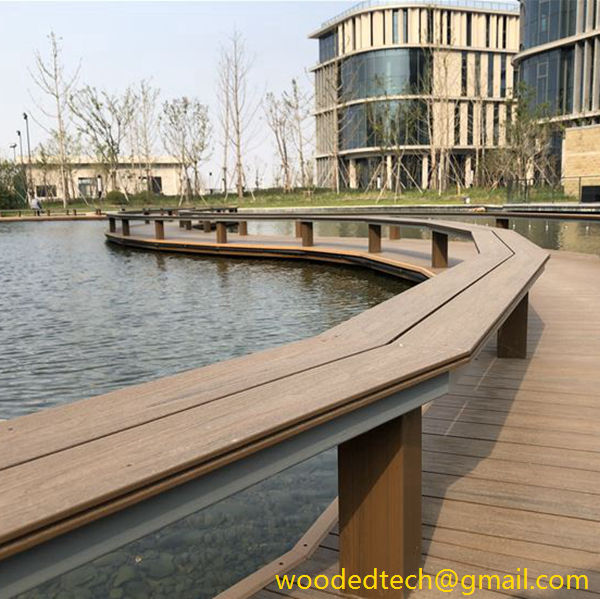Create Stunning Spaces with WPC Outdoor Wall Panel Design Ideas
Create Stunning Spaces with WPC Outdoor Wall Panel Design Ideas Creating stunning outdoor spaces is an exciting endeavor that allows homeowners to express their personal style while enhancing the beauty and functionality of their properties. One of the most innovative and practical materials available for outdoor wall design is Wood Plastic Composite (WPC). Known for…
Create Stunning Spaces with WPC Outdoor Wall Panel Design Ideas
Creating stunning outdoor spaces is an exciting endeavor that allows homeowners to express their personal style while enhancing the beauty and functionality of their properties. One of the most innovative and practical materials available for outdoor wall design is Wood Plastic Composite (WPC). Known for its durability, low maintenance, and aesthetic versatility, WPC is an excellent choice for those looking to elevate their outdoor areas. This article explores various WPC outdoor wall panel design ideas and emphasizes the ease of installation that this material offers.
WPC outdoor wall panels are made from a blend of wood fibers and plastic, resulting in a product that mimics the appearance of natural wood while providing the advantages of synthetic materials. This unique combination gives WPC panels their resistance to moisture, insects, and fading, making them an ideal choice for outdoor applications. Additionally, WPC panels are available in a wide range of colors, textures, and finishes, enabling homeowners to create a customized look that suits their style.
One of the significant advantages of WPC panels is their easy installation. Unlike traditional wood panels that require extensive preparation, cutting, and finishing, WPC panels are designed for straightforward installation. Most WPC panels come with pre-drilled holes and a tongue-and-groove system that allows them to fit together seamlessly. This feature not only simplifies the installation process but also minimizes the need for specialized tools, making it accessible for DIY enthusiasts and professional installers alike.
When considering WPC outdoor wall panel design ideas, one option is to create an accent wall. An accent wall can serve as a focal point in your outdoor space, drawing attention to specific areas such as a patio, garden, or outdoor living room. By choosing a bold color or unique texture for your WPC panels, you can create an eye-catching feature that enhances the overall aesthetic of your outdoor area. For instance, deep charcoal or rich mahogany tones can add sophistication and elegance, while lighter shades like taupe or beige can create a more relaxed and airy atmosphere.
Another design idea is to use WPC panels to define different zones within your outdoor space. For example, you can use WPC panels to create a privacy screen around a hot tub or seating area, allowing for a serene and secluded environment. This not only adds functionality but also contributes to the overall design by breaking up the visual landscape and creating distinct areas for relaxation and entertainment.
In addition to their aesthetic appeal, WPC outdoor wall panels can also be utilized for practical purposes. For instance, consider using WPC panels to construct a vertical garden or trellis. The durability of WPC makes it an excellent choice for supporting climbing plants, while its resistance to moisture ensures that it will withstand the elements. This integration of greenery can bring life and vibrancy to your outdoor space, enhancing its beauty and providing a natural backdrop for gatherings and events.
For those looking to add a touch of modernity to their outdoor spaces, WPC panels can be used in sleek, minimalist designs. By opting for clean lines and simple shapes, you can create a contemporary look that complements modern architecture. Pairing WPC panels with glass or metal accents can further enhance this aesthetic, creating a striking contrast that adds depth and interest to your outdoor environment.
Another exciting design idea is to incorporate WPC outdoor wall panels into your landscaping. By using WPC panels as decorative borders or raised planters, you can create a seamless transition between your hardscaping and softscaping elements. This cohesive design approach not only looks great but also enhances the overall functionality of your outdoor space. Raised planters made from WPC can provide an ideal environment for flowers, herbs, or vegetables while adding visual interest to your garden.
The versatility of WPC panels also allows for creative lighting solutions. Consider incorporating recessed LED lights into your WPC panel design to create a warm and inviting atmosphere during the evening hours. Strategically placed lighting can highlight architectural features, illuminate pathways, or create a cozy ambiance for outdoor gatherings. The combination of WPC panels and innovative lighting will transform your outdoor space into a stunning retreat that can be enjoyed day or night.
Maintenance is another critical factor that makes WPC outdoor wall panels an appealing option. Unlike traditional wood that requires regular staining and sealing to protect against the elements, WPC panels are designed to withstand weathering without extensive upkeep. A simple wash with soap and water is typically all that is needed to keep them looking their best. This ease of maintenance allows homeowners to spend more time enjoying their outdoor spaces rather than worrying about upkeep.
In conclusion, WPC outdoor wall panels offer an array of design possibilities that can transform any outdoor space into a stunning retreat. With their easy installation process, homeowners can quickly and efficiently enhance their properties while enjoying the numerous benefits that WPC provides. From accent walls to privacy screens and vertical gardens, the versatility of WPC panels allows for creativity and personalization in outdoor design. By incorporating these innovative materials into your outdoor space, you can create an inviting and beautiful environment that reflects your style and enhances your lifestyle.

